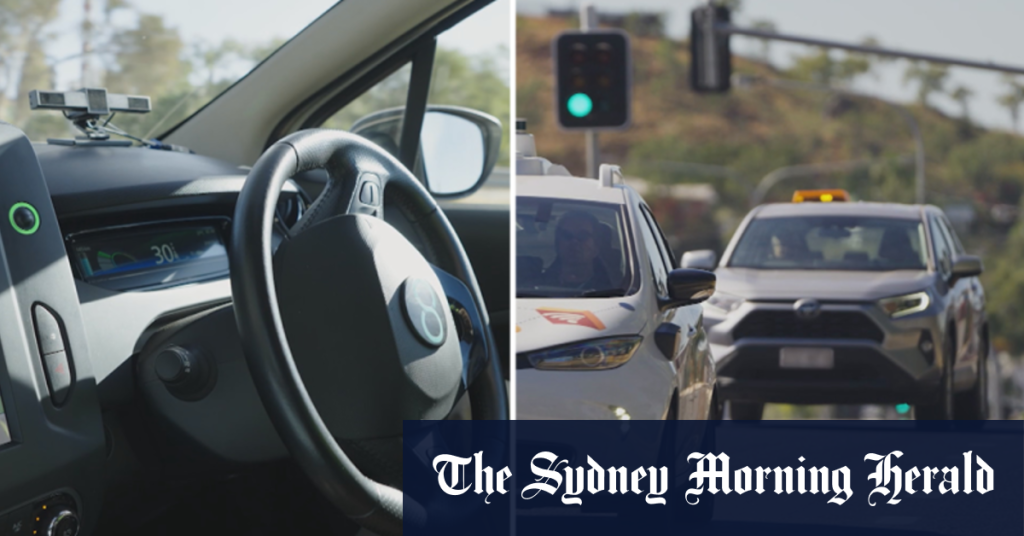Queensland, Australia, will be conducting a trial of self-driving cars to explore their potential benefits and challenges. The government is partnering with a range of stakeholders, including universities and private companies, to test these vehicles in real-world conditions. The trial will focus on assessing the technology’s safety, efficiency, and impact on society. It aims to understand how self-driving cars can improve transportation systems, reduce accidents, and enhance the overall quality of life for residents.
One of the key goals of the trial is to gather data on how self-driving cars interact with other vehicles, pedestrians, and road infrastructure. This information will help policymakers develop regulations and guidelines for integrating autonomous vehicles into existing transportation networks. It will also inform future research and development efforts aimed at improving the technology’s performance and reliability. By testing these vehicles in a controlled environment, researchers can identify potential issues and address them before widespread adoption occurs.
The trial will also assess the economic implications of self-driving cars, such as their impact on jobs, industries, and government revenues. While autonomous vehicles have the potential to create new opportunities for innovation and growth, they may also disrupt traditional sectors like transportation, logistics, and insurance. Researchers will analyze how automation affects employment patterns, business models, and tax revenues in Queensland. This data will inform policy decisions on how to manage the transition to a more automated transportation system.
Another focus of the trial is the social and ethical implications of self-driving cars, including their effects on public health, privacy, and equity. As these vehicles become more common on the roads, it is essential to consider how they will affect different segments of the population, especially vulnerable groups like the elderly and disabled. Researchers will explore how autonomous vehicles can improve access to transportation services, reduce traffic congestion, and increase road safety for all users. They will also investigate how to address concerns about data security, privacy rights, and liability in the event of accidents.
The trial will involve a range of autonomous vehicles, including cars, buses, and trucks, to explore their potential applications in various settings. Researchers will test different types of sensors, algorithms, and communication technologies to determine the most effective strategies for navigating complex urban environments. They will also assess how self-driving cars interact with other modes of transportation, such as bicycles, motorcycles, and pedestrians. By examining these interactions, policymakers can design policies that promote safe and efficient transportation systems for all users.
Overall, the self-driving car trial in Queensland represents an important step towards realizing the benefits of autonomous vehicles while addressing the challenges they pose. By testing these technologies in a real-world setting, researchers can gain valuable insights into how self-driving cars can improve safety, efficiency, and accessibility in transportation systems. The data collected from the trial will inform policy decisions on regulations, economic incentives, and social initiatives to promote the responsible adoption of autonomous vehicles. Through collaboration between government, academia, and industry, Queensland is positioning itself as a global leader in the development and deployment of self-driving cars.


